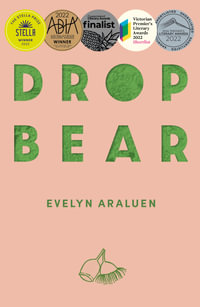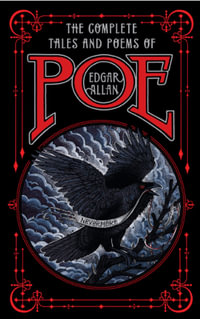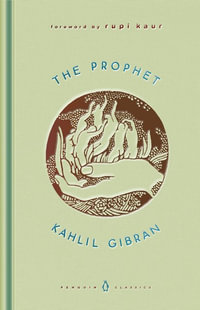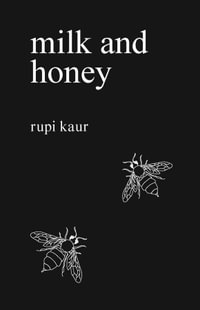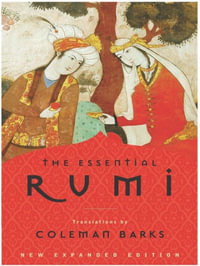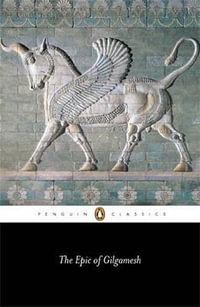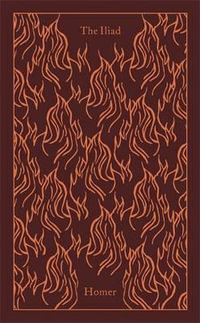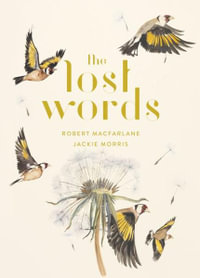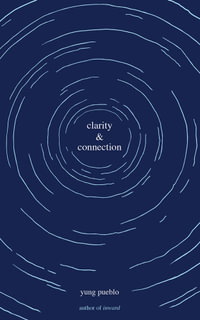Out at the Bright Edge is a collection of poetry rooted in North Ceredigion. The poems in this collection describe and respond to the landscape and history of the area from the Dyfi to the Teifi. They deal with ideas through a focus on place, capturing memorable moments in specific locations and celebrating an area of outstanding natural beauty and its long history.
Industry Reviews
This first collection of poems by Caroline Clark is a welcome addition to the literature of the Welsh landscape. She takes us on a walking tour of Ceredigion, her adopted and well-loved home of many years. The book is helpfully arranged with a map at the start, identifying the locations of each numbered poem, and notes at the end for any readers who are not familiar with the legends, Welsh words or history of specific places. As she moves through the landscape, as well as through time and history, Clark reveals hidden layers and shows the reader precisely why she loves this place so deeply.
These poems are strongly visual. Those who are already familiar with the places described will recognise them, while those who have never visited will be able to picture the landscape clearly. For example, in poem 6, 'Pen Dinas', she shows us, 'From inland towards the sea, / First a spear against sunset, / Then a crowned hill.' This is precisely the view one would see approaching Pen Dinas. The spear is the monument on top of the hill, but also suggests spears carried by those who kept the fort that crowned the hill during the Iron Age. She stitches together past and present into a seamless fabric throughout these poems.
It is not surprising to see evidence of stitching in these poems, as Clark is not only a poet but also a skilled costume-maker for theatrical productions. In the tenth poem, 'Hafod', she shifts from a description of the trees and plants to the imagined lives of the people who came in Victorian times to admire the landscape, coming at last to a textile-based description of the river in terms such as 'taffeta', 'striped satin', 'watered silk', or 'muslin'. The reader is gifted with a fresh and original sense of place, one that will linger and allow us to see familiar landscapes enriched by Clark's poetic vision.
Most of the imagery in Out at the Bright Edge is indeed bright, and the poems are optimistic overall. There are some dark tones at times, however. The last poem in the book, 'Collecting Funerals', perhaps seems out of place in its meditation on time and the inevitability of death. However, most of the poems dwell in light or turn towards the light. In 'Cwm Rheidol', she describes a slope 'maggoty with mines' as she follows the river's course from its source to the sea, but by the end hope has returned as the river is 'calmed and combed clear to light. / Richer than any galena, the larches' gold / Robes and crowns the river, / Royal at last.'
In these poems, Clark moves across the landscape and also across various poetic forms, shifting from free verse to rhymed quatrains or couplets. There is even a set of haiku, providing a change of pace. This gives the collection a dynamic feeling as a whole, as we move over rocky crags, peaceful fields, mysterious rivers all laid out for us with precision. In 'La Scala', describing the view from a perch on the university campus by the Aberystwyth Arts Centre, 'Every sunset in the sea / Scores a perfect goal.' This volume of poetry also hits the mark, bringing the poet's love for the places of Ceredigion into clear focus. -- Mary Jacob @ www.gwales.com

